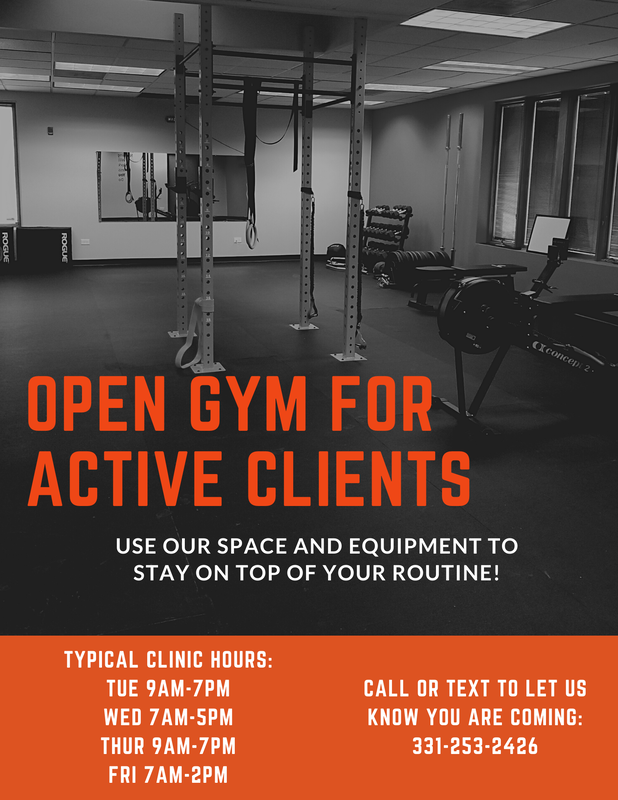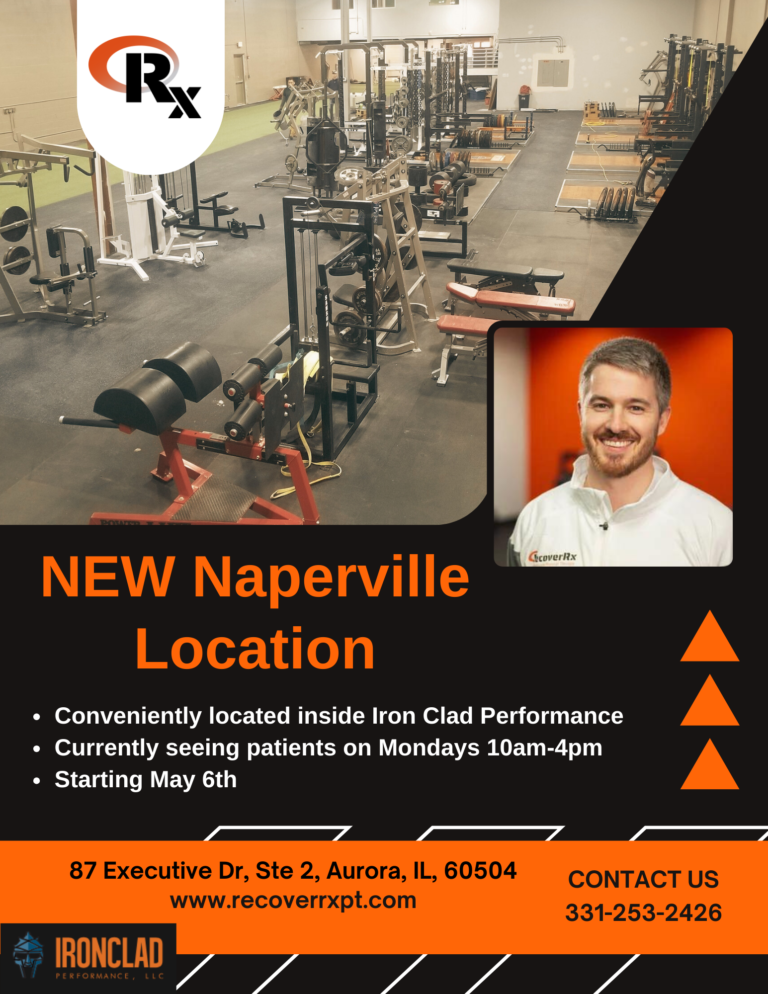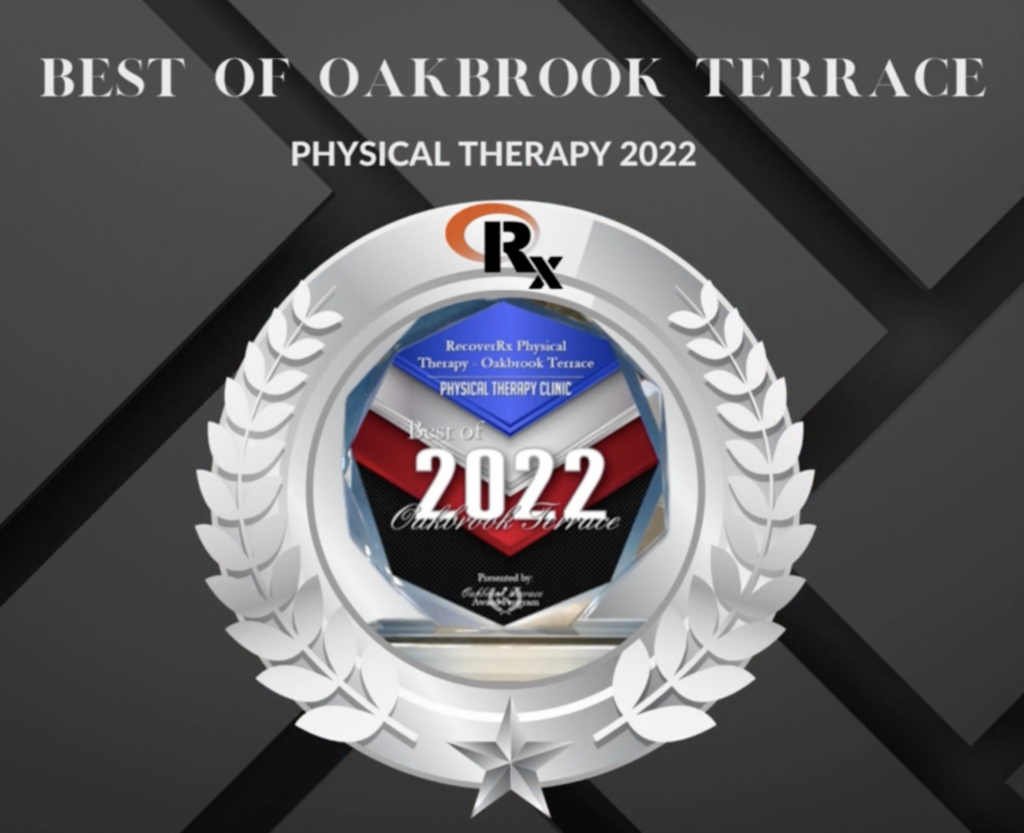By Dr. Ariel Sernek, DPT
Constipation is a common digestive issue that affects people of all ages. You can have constipation either by having less than a bowel movement every three days, or having very hard/pebbly stool that is difficult to pass. In addition to being a very uncomfortable issue, constipation has even been linked to depression. While medication can provide relief, there are several natural methods to address constipation without relying on drugs. In this blog post, we will explore five effective tips to help alleviate constipation and promote healthy bowel movements.
1. Increase the Right Fiber Intake
Often, we hear about increasing fiber. However, there are two types of fiber, and most people already eat enough soluble fiber. What they really need is more insoluble fiber in their diet. Soluble fiber helps to bulk stool; however, insoluble fiber helps move stool through the system more efficiently. If you can’t go or have difficulty emptying hard stool, why would you introduce foods that add more bulk? That just sounds painful. Sources of insoluble type fiber are popcorn, pears including the skin, almonds, and raspberries. In general, you want to aim for a minimum of 25-30 grams of fiber per day for adults with a mix of soluble fiber sources and insoluble fiber sources. However, heed caution that you should gradually increase your fiber intake to prevent bloating or discomfort.
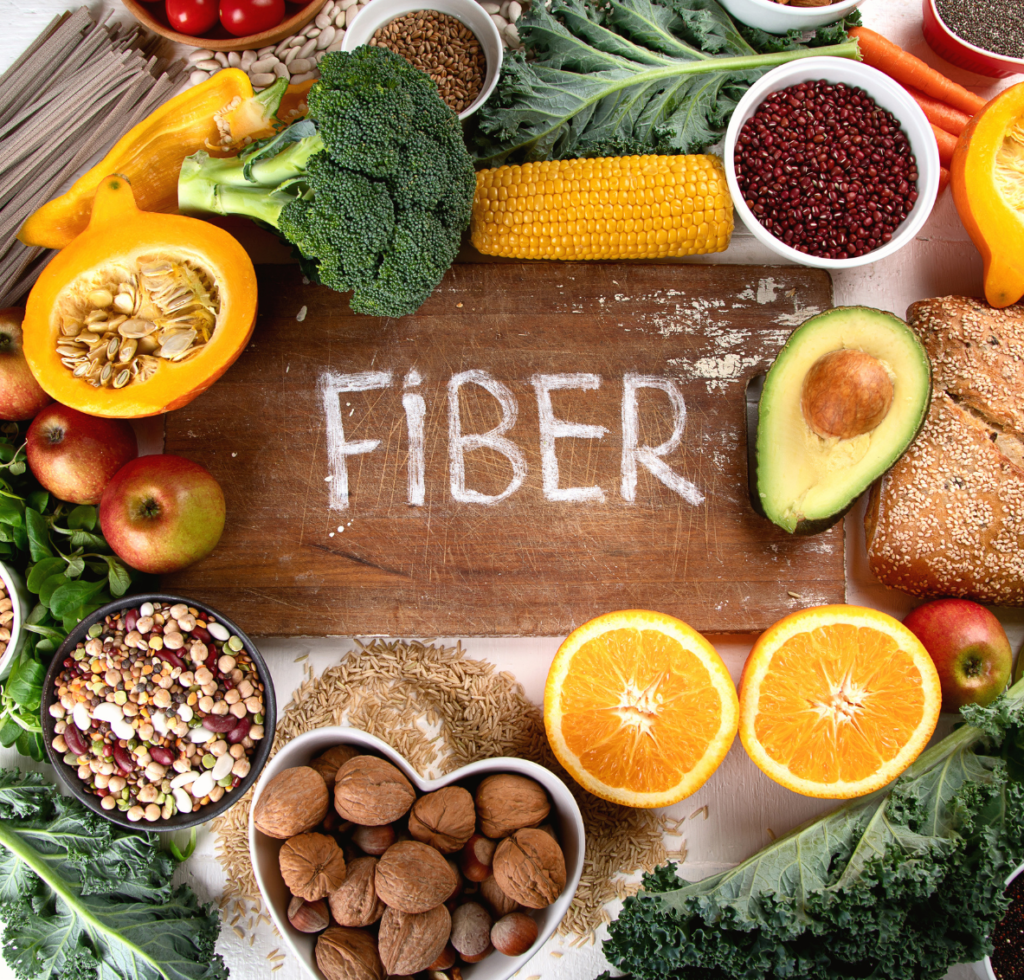
2. Stay Hydrated

Dehydration is a common cause of constipation. When the body lacks sufficient water, it tries to compensate by absorbing water from the stool, resulting in hard, dry stools that are difficult to pass. I think of the digestive track like a conveyor belt in a machine: water is the oil to get all the parts moving efficiently. The National Academy of Medicine recommends 13 (8oz) cups of water for men and 9 (8oz) cups for women. However, other research suggests half your body weight in fluid ounces of water. Either way it’s important to know that dehydration is a sign that you did not get enough fluids from the previous days. So if you over hydrate, you won’t feel the benefits for 1-3 days. It is best to stay consistent with your fluid intake. And hey, look at your urine, it’s a vital sign informing you if you’re dehydrated. Aim for clear/light yellow liquid. Drinking warm liquids like herbal tea or warm water in the morning can also stimulate bowel movements (remember oil up the machine to get it working properly).
3. Regular Exercise
Physical activity not only benefits your overall health but also supports a healthy digestive system. Regular exercise stimulates the muscles in your intestines, promoting bowel movements and reducing the risk of constipation. Engage in activities such as walking, jogging, cycling, or yoga for at least 30 minutes a day. Even simple movements like stretching and abdominal exercises can help relieve constipation by increasing blood flow to the intestines and promoting regularity. I like to incorporate movements that involve twisting in order to help mobilize the small and large intestines.

4. Establish a Routine
Creating a regular bathroom routine can train your body to expect and respond to bowel movements. Try to set aside a specific time each day for a bathroom visit, preferably after a meal when your body’s natural reflexes are more active. Establishing a consistent routine helps regulate bowel movements and prevents the development of constipation. It may take time for your body to adjust, so be patient and persistent with your efforts.
5. If all else fails, TRY PHYSICAL THERAPY
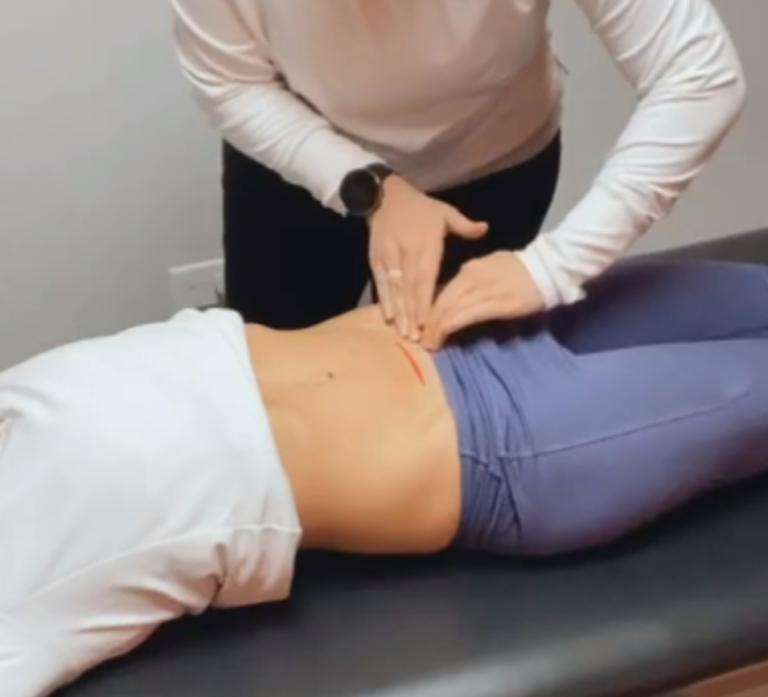
If you’ve done everything to address internal functions like diet, exercise, and fluid intake and still have difficulties – see a pelvic health physical therapist. We can help you coordinate your pelvic floor muscles to open for stool to move through, as well as release tight muscles that are hindering the pathway for stool to exit. Did you know that there’s bowel ergonomics we can also address? Yep, we talk about that too. We can also help you establish a routine for implementing the above tips into your lifestyle.
Conclusion
Constipation can be a frustrating and uncomfortable condition, but it can often be addressed without the need for medication. By implementing these natural remedies into your lifestyle, you can promote regular bowel movements and alleviate constipation, as well as improving your mental health by decreasing the risk of depression. If constipation persists or worsens, it’s always advisable to consult a healthcare professional for further evaluation and guidance.


